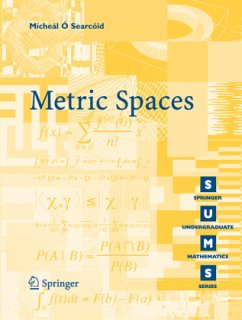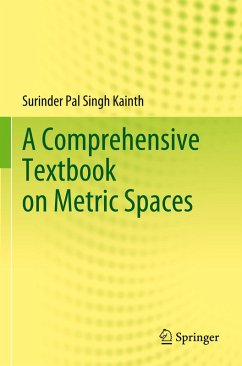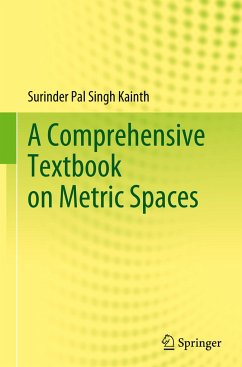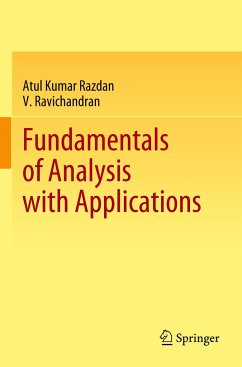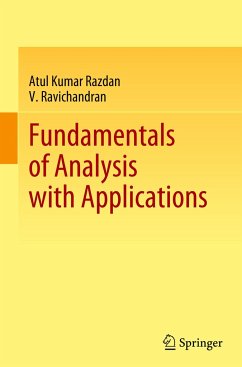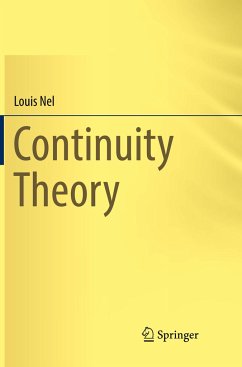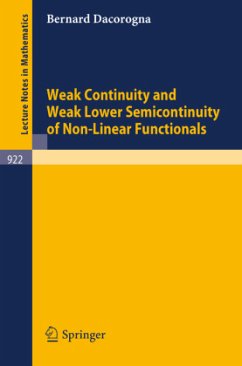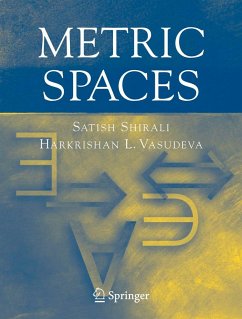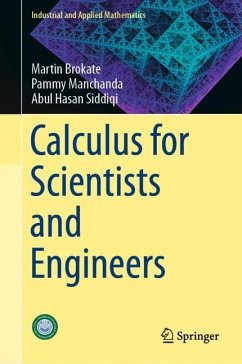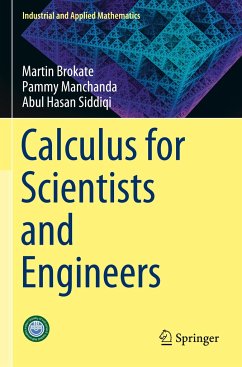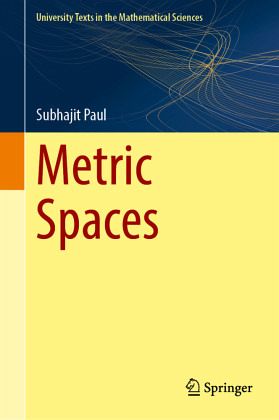
Metric Spaces
Versandkostenfrei!
Erscheint vorauss. 11. Januar 2026
68,99 €
inkl. MwSt.

PAYBACK Punkte
34 °P sammeln!
This book systematically develops the theory of Metric Spaces while serving as a connection between classical Real Analysis and General Topology. It is designed for senior undergraduate and graduate students, providing formal definitions, theorems, proofs, examples, remarks, exercises, and explanatory notes. Instructors can use the numerous examples and miscellaneous results to structure their teaching approach. The book contains seven chapters, first of which lists primary results (without proofs) from the undergraduate Real Analysis course. Each subsequent chapter builds on cues from previou...
This book systematically develops the theory of Metric Spaces while serving as a connection between classical Real Analysis and General Topology. It is designed for senior undergraduate and graduate students, providing formal definitions, theorems, proofs, examples, remarks, exercises, and explanatory notes. Instructors can use the numerous examples and miscellaneous results to structure their teaching approach. The book contains seven chapters, first of which lists primary results (without proofs) from the undergraduate Real Analysis course. Each subsequent chapter builds on cues from previous levels, adapting them to the context of Metric Spaces.Additionally, the book includes four appendix chapters. The first three are included to maintain the flow of discussion in the main chapters, relegating less relevant proofs to the appendices. The fourth appendix on the Cantor set is included to provide insight into this notable mathematical concept.



